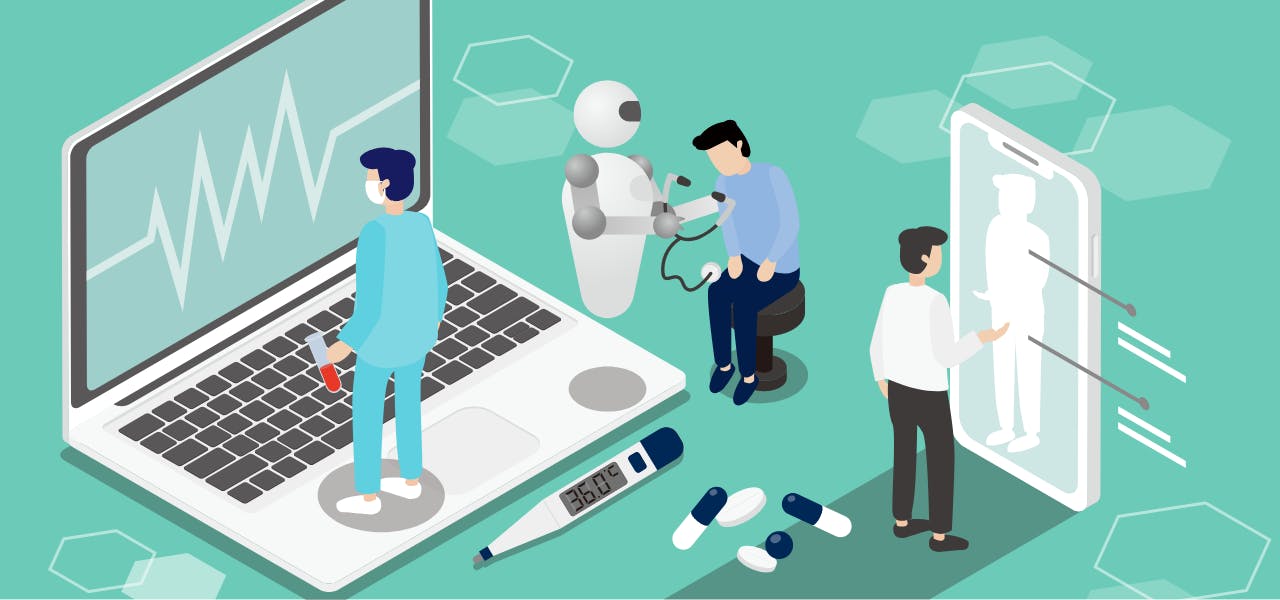All healthcare professionals are required to obtain continuing education credits to stay up-to-date on the constant changes in their field. How that information is utilized is unique to the individual and those they connect with. Research utilization is, in healthcare, a vague term, since all nurses, clinicians, physicians, and others in the profession of treating patients will gain and share their knowledge differently.
Each research and healthcare institution has its own policies and frameworks that are supposed to be followed in order to disseminate knowledge and care to everyone. However, in the field of healthcare, the target is always changing and evolving. The theme of research utilization has to be defined and then policies and procedures must be set in place that account for the fact that medicine and healthcare practices are always changing, even if the guidelines haven’t been able to quite keep up yet.
What is Research Utilization?
Of all the industries in the world, nursing is possibly one of the most complicated and urgent. Because of the high pressure and high demand in this field, the need for continual evolution and information dissemination is apparent. Nurses need access to quality, accurate information, but they don’t have the time or resources to do so on their own. To help them, the research utilization process was developed and enacted.
Through research utilization, current knowledge generated by the most up-to-date research is shared with those in the healthcare field. The information is synthesized, and anything that could be used to make an impact or create a change in the nursing practice is then disseminated to those who could benefit from it.
Rather than wait and share the information with healthcare professionals once or twice a year during their continuing education courses, they would now, through research utilization processes, have access to the knowledge in a timely manner. How that information would be implemented, on the other hand, would be based on the individual and the usefulness of the knowledge.
How Technology is Changing Healthcare
The Digital Era has ushered in a realm of healthcare treatment the likes of which have never been seen before. This fact means that policies and procedures have to be changed to keep up with not only the technology, but the ethical and legal guidelines that follow them.
Healthcare is often on the cutting edge of reform through revolutionary technology like:
● Artificial intelligence in computer software, patient privacy, and the operating room
● Wellness and healthcare sensors that can be worn to warn people of potential health issues, like a heart attack or high blood pressure
● Nanotechnology to help diagnose or treat diseases
● Robotics to aid with surgical procedures
● 3D printing to create cheaper, more personalized medical equipment and supplies
The way these forms of technology are used in healthcare change almost daily, and nurses and those on the frontlines need to have structured procedures in place to be informed about these changes.
Keeping Up With the Changes in Policies
Healthcare is intricately tied with politics, reform, and legislation, but those who find themselves caring for patients daily don’t have time to keep up with these changing agendas. However, there are so many aspects of it that directly impact nursing, from CMS reimbursement scales to HIPAA changes.
There are some resources that focus solely on keeping healthcare practitioners current with the latest changes in political reform and legislation in the medical field. For those who are unable to, or disinterested in, staying abreast with the research and politics, the research utilization process comes in handy.
